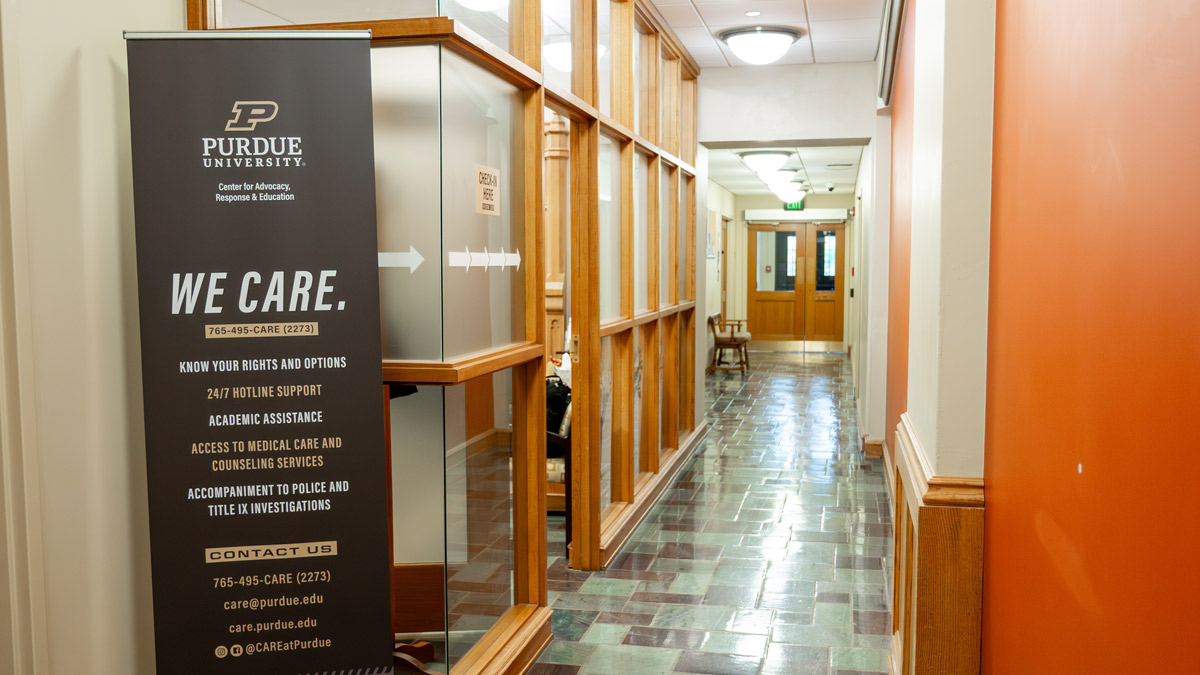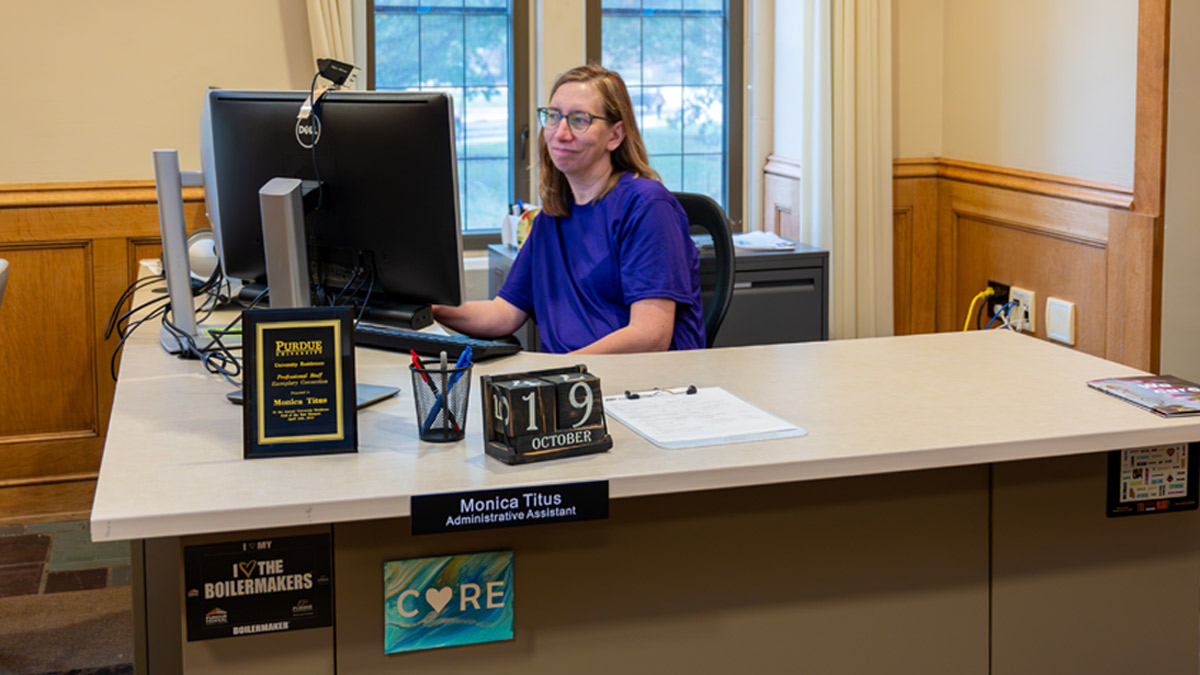



CARE staff understand that going to an unfamiliar place can cause feelings of anxiety for survivors of interpersonal violence. This is why we emphasize offering survivor-centered and empowering support. To help survivors understand what will happen when they come to CARE, we have outlined the steps of the process below.
CARE is located in Duhme Hall, Room 139, which can be accessed through the door off of First Street and down the hallway to the left. Our Administrative Assistant, Monica, will be in the office to greet you when you arrive. If you have scheduled the appointment in advance, Monica or your advocate will usually send you check-in documents prior to your meeting via DocuSign.

If you have not already completed your check-in documents, Monica will provide them to you to complete while waiting for your confidential advocate. Your advocate will then meet you in the main office and walk you to their office for the appointment.

During your appointment, you can discuss your needs with your confidential advocate who can then connect you to the appropriate resources that provide supports like:
The supports you receive will depend on your specific needs. You can also just talk to your advocate. Working with CARE doesn't mean you have to use any specific supports, CARE advocates are here to provide a safe, non-judgmental environment that empower you to make informed decisions. Whatever you decide is the right choice.
After your appointment with CARE, you may receive a follow-up email from your advocate with a summary of the information you discussed during your appointment. We may include resources that you may find helpful.
You may or may not need to meet with your advocate again depending on what supports you decide to pursue. If you decide to file a report with the University or law enforcement, your advocate can support you through that process by attending meetings with you, helping you prepare for meetings, or debriefing after them. The amount your advocate is involved in the process is fully up to you.
If you don't feel like it's necessary to schedule another meeting with your advocate, know that you are welcome to contact them if you need additional support.